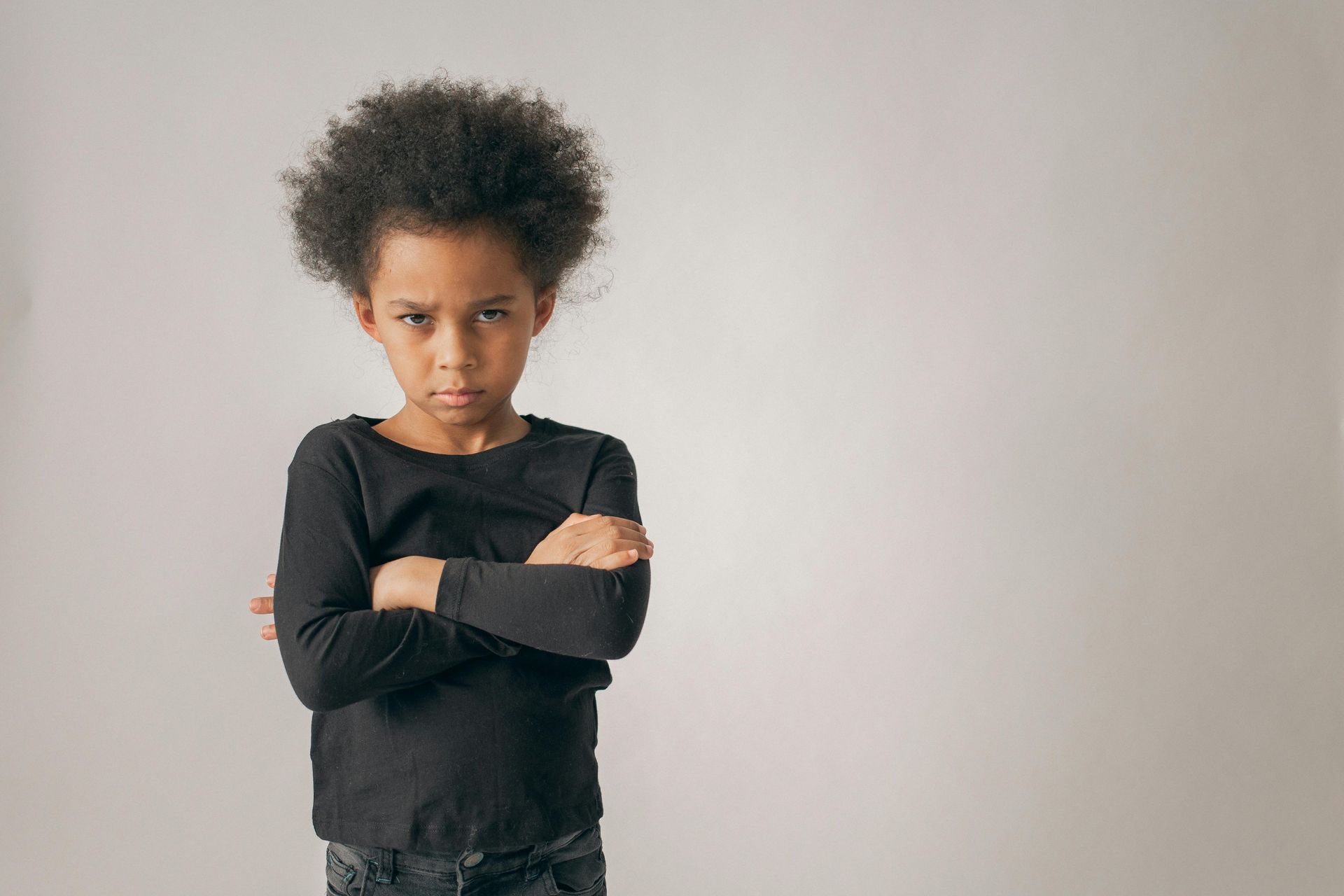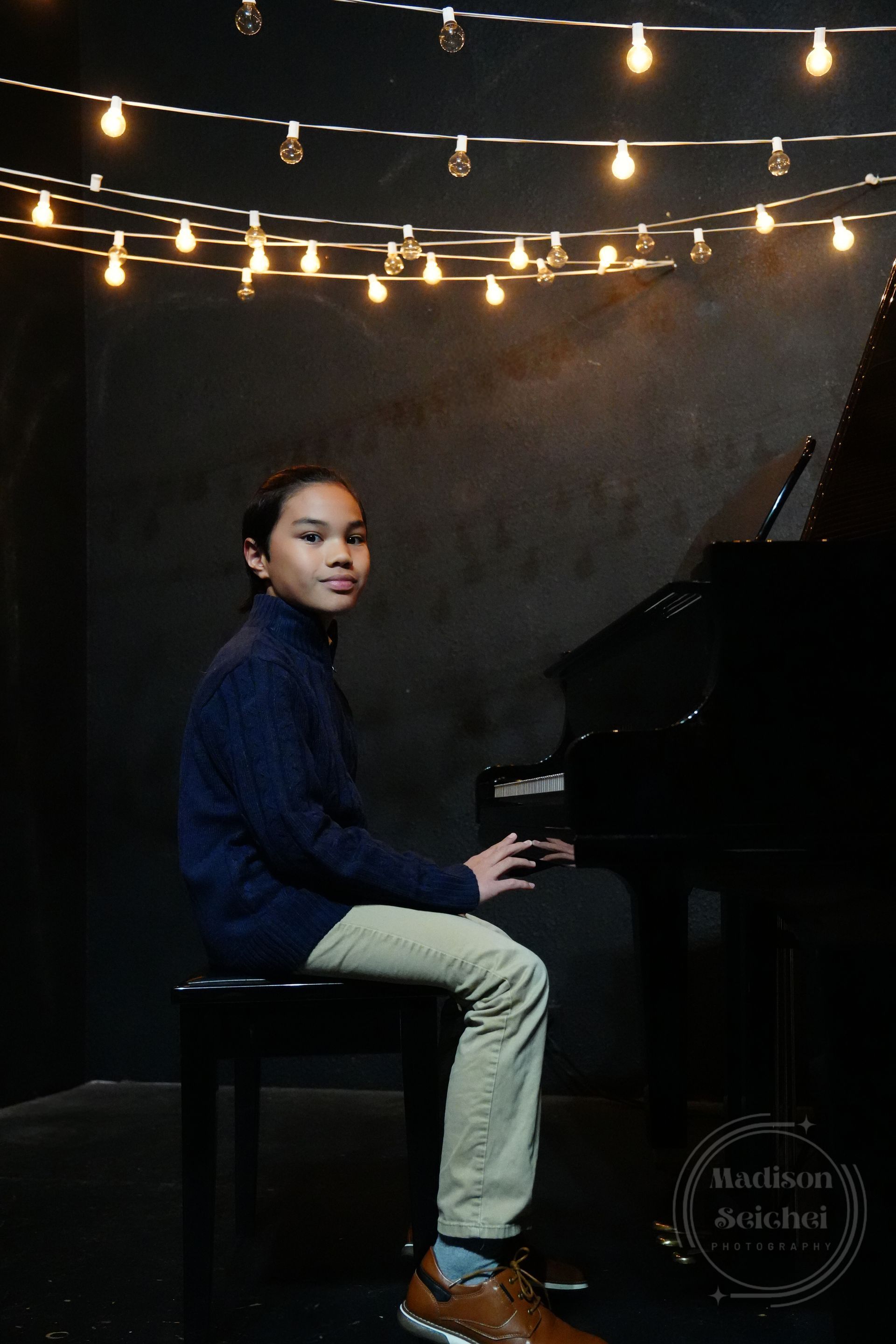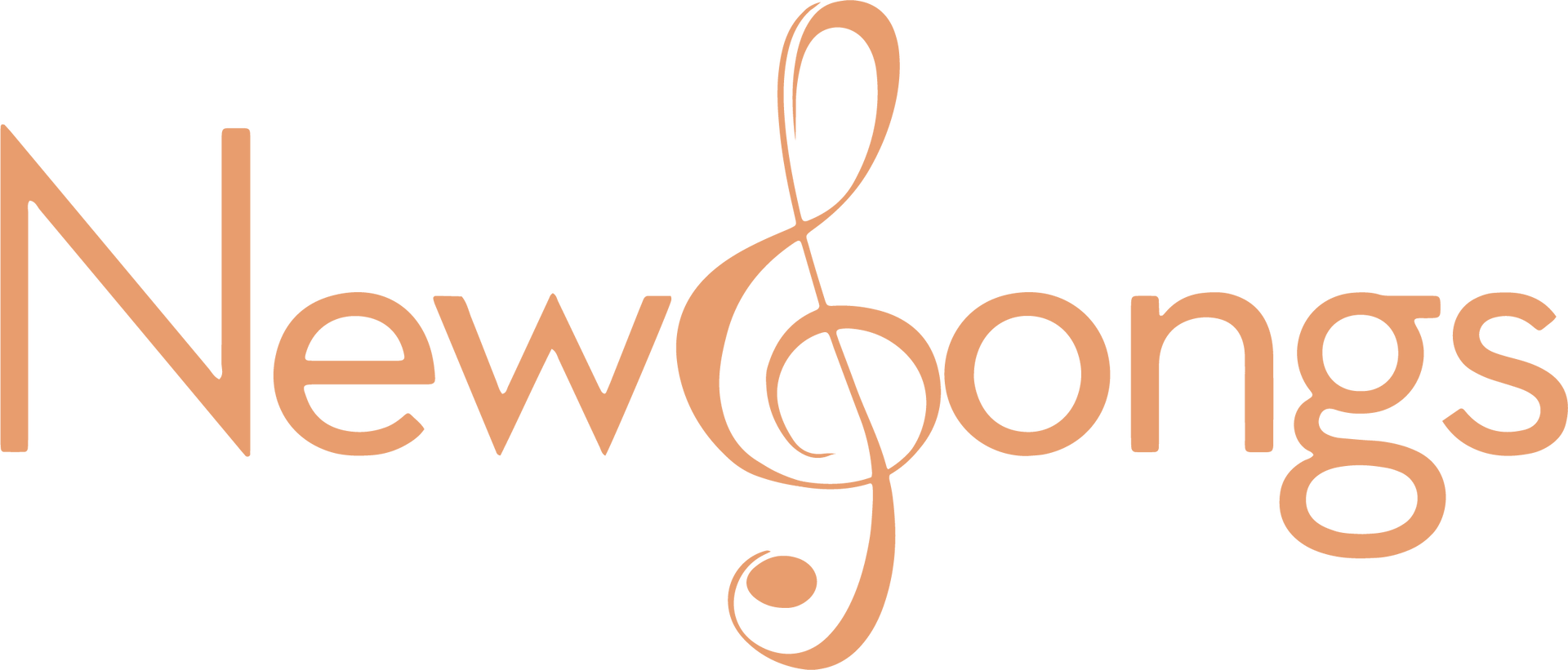When Is the Right Time to Start Music Lessons?
by Mr. Michael – Music Teacher, Parent, and Advocate for Creativity
Hi there!
I’m Mr. Michael—a music teacher, parent, and someone who’s deeply passionate about helping kids grow through creativity.
One of the most common questions I get asked is:
“What’s the best age to start music lessons?”
And here’s the part that might surprise you:
All of my own kids play music—but none of them started formal lessons at a very young age.
In fact, most of their instruction began during their tween and teen years. That brings me to a really important distinction:
Music-Making vs. Music Lessons
There’s a big difference between the best age to start making music and the best age to begin studying an instrument formally.
From birth to around age seven, children are soaking up musical aptitudes—things like pitch, rhythm, tone, and coordination. This is a prime window for musical growth, and that’s why group classes like our Music Explorers or Animal Adventures in Music are so powerful. They help young kids experience music in joyful, age-appropriate ways.
So, When Should My Child Start an Instrument?
Here’s the short version:
🎵 It’s never too early to make music.
🎵 It’s never too late to start an instrument.
🎵 But it can be too early for formal lessons, depending on your child’s readiness.
For example, piano and violin are often great starter instruments for ages 5–7 because they match well with developing motor skills. At this age, lessons should still include plenty of movement, listening, and playful exploration—not just reading music.
Other instruments, like guitar or wind/brass, may require more strength or breath control. But there are accessible alternatives like the ukulele, recorder, or even a small hand drum that can open doors for little learners.
Questions to Ask About Readiness
If you're thinking about starting lessons, ask yourself:
Is my child curious about instruments and willing to engage a few times a week?
Can they focus and follow instructions for at least 10 minutes?
Are they ready to learn from someone other than a parent?
Most importantly—am I ready to support them at home with regular practice?
If you’re not quite there yet, that’s totally okay. There are still so many ways to enjoy music together—through singing, movement, listening games, or group classes.
My Story (and My Kids’)
For the record—I didn’t start piano lessons until I was nearly in middle school. And my kids? They started in their double digits too. What matters most isn’t when you start, but how you support a child’s musical curiosity and confidence along the way.
So if your child is showing interest, let that be your sign. Reach out to a music school like ours, or talk to a trusted local teacher. We’ll help you figure out what’s right for your child’s age, stage, and personality.
Music is a lifelong journey. And wherever you’re starting from, we’re here to walk with you—one joyful note at a time.
With encouragement,
Mr. Michael
Teacher at NewSongs Music School
Author of Mr. Michael’s Music Maker Manual






